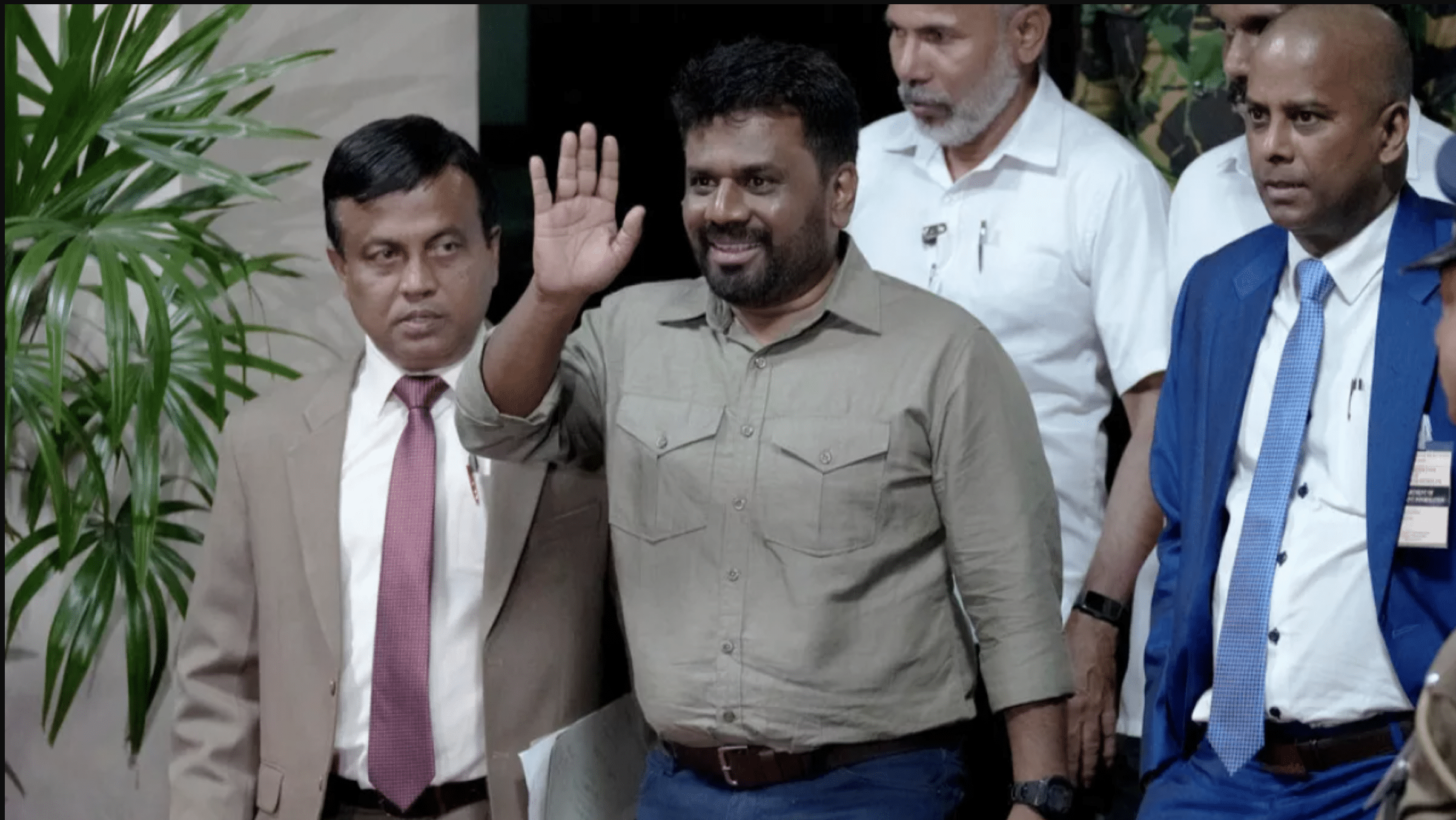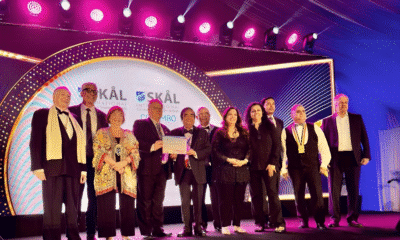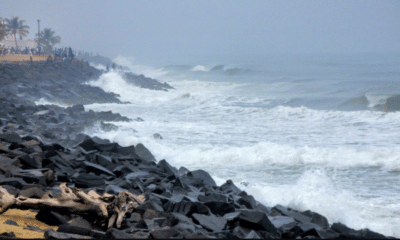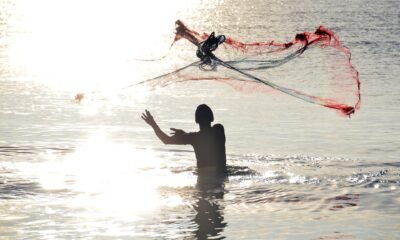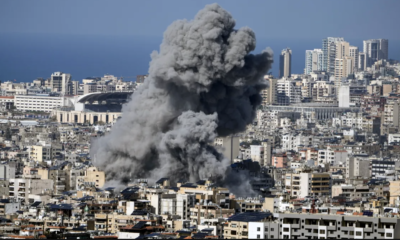Global News
Anura Kumara Dissanayake Sworn in as Sri Lanka’s President, Promises Hard Work and Integrity
Anura Kumara Dissanayake was sworn in as Sri Lanka’s new President on September 23, 2024, marking a significant shift in the country’s political landscape. In his first address at the Presidential Secretariat in Colombo, the 55-year-old leader made it clear that he is not a “magician” or a “miracle worker” but vowed to work diligently and lead a collective effort to rebuild the crisis-stricken nation.
“I am not a magician; I am not a miracle worker. There are things I know and don’t know. But I will commit myself to doing the right thing at all times and lead a collective effort to rebuild our nation,” he said, acknowledging the immense challenges Sri Lanka faces as it grapples with the aftermath of a severe economic crisis. The same Presidential Secretariat, where Dissanayake was sworn in, had been stormed by protesters in July 2022, leading to the ousting of former President Gotabaya Rajapaksa.
Anura Kumara Dissanayake’s victory in the September 21 election, with 42.31% of the vote, signals a move away from the country’s traditional political elite. He triumphed over prominent rivals, including Leader of the Opposition Sajith Premadasa and former President Ranil Wickremesinghe. His party, the National People’s Power (NPP) Alliance, campaigned on a strong anti-corruption platform and aimed to overhaul Sri Lanka’s entrenched political system. The NPP is chiefly composed of the Janatha Vimukthi Peramuna (JVP), a Marxist-Leninist party that Dissanayake leads.
Despite his electoral success, Anura Kumara Dissanayake faces significant challenges in uniting the nation, particularly in gaining the trust of ethnic minority communities such as the Tamils in the north and east, who largely voted for his opponents. He pledged to work for all Sri Lankans in a conciliatory message, saying, “Some voted for me, and others didn’t. But my pledge is to work hard to win the trust of those who didn’t vote for me as well.”
Anura Kumara Dissanayake’s immediate task includes appointing a new cabinet, expected on September 24, as Sri Lanka seeks relief from its ongoing economic hardships, exacerbated by austerity measures linked to an IMF-led program.


